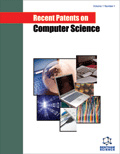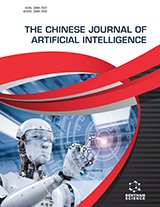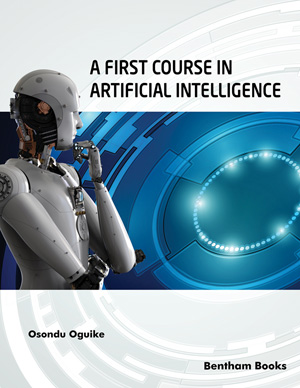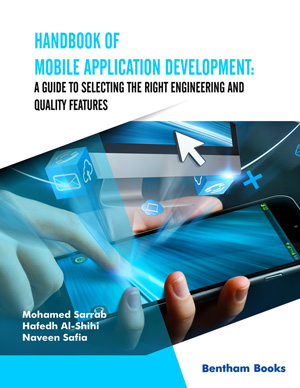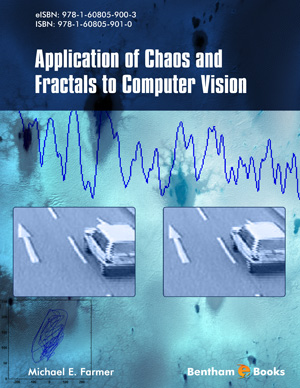Abstract
The only prerequisite in the past era was human intelligence, but today's
world is full of artificial intelligence and its obstacles, which must still be overcome. It
could be said that anything from cars to household items must be artificially intelligent.
Everyone needs smartphones, vehicles, and machines. Some kind of intelligence is
required by all at all times. Since computers have become such an integral part of our
lives, it has become essential to develop new methods of human-computer interaction.
Finding an intelligent way of machine and user interaction is one of the most crucial
steps in meeting the requirement. The motivations for developing artificial intelligence
and artificial life can be traced back to the dawn of the computer era. As always,
evolution is a case of shifting phenomena. Adaptive computer systems are explicitly
designed to search for problem-specific solutions in the face of changing
circumstances. It has been said before that evolution is a massively parallel quest
method that never works on a single species or a single solution at any given time.
Many organisms are subjected to experiments and modifications. As a result, this
write-up aims to create Artificial Intelligence, superior to machine learning that can
master these problems, ranging from traditional methods of automatic reasoning to
interaction strategies with evolutionary algorithms. The result is evaluated with a piece
of code for predicting optimal test value after learning.



